STI Prevention and IBD
Having IBD can increase our risk of infection - even if you don’t have IBD, it’s important to stay on top of these things too!
Sexually Transmitted Infections (STIs) and IBD
Do see more information about STIs and IBD under the Sex in General Tab and Sexually Transmitted Infections of the Anorectum.
IBD or not, staying on top of STI testing is important!
Of course, this does NOT MEAN you are going to get an STI or anything, it just means these are some things to be aware of.
However - with IBD, particularly if you enjoy bottoming -some STI symptoms are very similar to symptoms of Crohn’s and Ulcerative Colitis.
If you start to get symptoms like bleeding, discharge, itchiness, or pain in your bottom, especially after sex, it’s worth visiting the clinic or letting your IBD team know.
This way they can check for STIs that may cause these symptoms, and run the same IBD tests we know about (fecal calpro, CRP, rectal exam - the works!)
For example: both Ulcerative Colitis and Crohn’s can cause proctitis, but some STIs can cause infectious proctitis (Inflammation of the rectum caused by an infection)
These can both have similar symptoms and mimic each other so when in doubt, test it out
If you aren't comfortable going to your GI or PCP about these concerns, many places have free or low cost sexual health clinics that are more than happy to help with this exact thing. You got this!
If applicable, you may consider talking to your doctor about starting PrEP, having a prescription for DoxyPEP, etc.
Many people with IBD already take Doxy for things like EIM skin disorders and it's immunomodulatory effects (Rosacea, etc) so the benefits of being on post-exposure prophylaxis for STIs may outweigh the potential costs (antibiotic use) if that is your situation.
C. diff (Clostridium difficile colitis)
This one is NOT AN STI by definition, but unfortunately, C. diff can be transmitted sexually if everyone participating hasn't cleaned their hands properly (and is awful to have and with IBD, we may be more susceptible and it can be a big big issue!!)
Beyond the usual ways you assume C. diff transmits (touching contaminated surfaces, sharing towels or personal items)It can be transmitted through sexual contact (anoreceptive intercourse) since it is a normal commensal microbe of the intestine transmitted orally (fecal-oral/hand to mouth) and lives all over.
Any surface that has C. diff spores (toilets, bath tubs, etc) can be a reservoir for C. diff.
THIS DOES NOT MEAN IT SPREADS THROUGH KISSING, HUGGING, ETC!
Decreasing risk of developing C. diff from sex can be done through several ways:
Avoid bottoming while on antibiotics (especially clindamycin)
Consider adding a pre/probiotic to your routine - Greek yogurt is an effective probiotic and tastes pretty good
Eat a well rounded diet with fiber for YOU - everyone with IBD’s food tolerances’ looks different. I like fiber gummies, but I also eat lots of vegetables, but I know not everyone with IBD can do that - so find what works for you!
Stay hydrated! This goes for everyone. You should try to drink at least 13 cups of water (thats around 3 liters) a day - sounds like a lot, but if you get a fun water bottle, it goes by quick!
Make sure your your partner(s) perform good hand hygiene before any sex - washing hands UNDER THE NAILS and sing the Happy Birthday song twice!
Wash your sheets regularly - this is for everyone, IBD or not!
Avoid hand to foot contact (unless you washed those) as your feet can also pick up things like C. diff from walking around on the floor around you.
Don’t share lube, especially with strangers (with your partner is fine)
Disinfect the inside and outside of your lube bottle after use.
Throw away lube that isn’t antimicrobial or bacteriostatic after 24 hours of mixing (especially J-lube)
At events in bars/bathhouses/sex venues/etc, insist tops or partner(s) wash their hands.
Herpes (HSV/Herpes Simplex Virus)
Herpes is VERY common!
There are two “types”: oral (cold sores) and anogenital (around the bottom and genitals)
You are most infectious when you have symptoms, such as blisters or cold sores, but can still be infectious if you aren’t having symptoms yet.
.Once you’ve been infected symptoms like cold sores can come back, this stage is still infectious!
Triggers of recurrence are similar to things that may trigger IBD flares!
This includes things such as stress, fevers, illnesses or hormonal changes, physical trauma (dental procedures, etc) and - a big one for us - suppression of the immune system
The good news is there are antivirals to help with herpes cold sores flares, and if they happen too frequently, there are options for daily antivirals!
Avoid kissing, sharing utensils, etc if you are actively in a cold sore or herpes flare-up - it spreads easy!
HPV (Human Papillomavirus
HPV is the cause of over 90% of anal cancers, and a major cause of cervical cancer, oropharyngeal cancer, penile cancer, vaginal cancer, and vulvar cancer.
However - the GREAT NEWS is that there is a safe and extremely effective vaccine we can take!
The HPV vaccine is offered to all teenagers and young adults 11- 12 and above (in the US, other countries may vary)This helps to protect against certain cancers such as the ones above!It's a three vaccine series and SO effective in reducing your risk and prevention of anal/cervical/esophageal cancers caused by the most potent "strains" of HPV. Please get vaccinated!
Talk to your doctor about getting vaccinated - there are programs specially designated for men who have sex with men, too.
It is safe to have the HPV vaccine if you are taking an immunosuppressant for IBD such as Stelara. I got mine and in my not-medical-advice opinion, everyone who can get theirs should get theirs.
Oral Contraception Pills (OCP) and IBD Symptoms
If your IBD symptoms cause frequent vomiting and diarrhea, your birth control may not be as effective (like how we don't absorb vitamins from food as well if in a flare, you may not absorb the pill as well)
If you are having frequently loose stools/diarrhea or vomiting while taking the pill, you may want to talk to your provider about an alternative contraception prevention option to make sure you are 100% protected.
What if Im experiencing symptoms such as … after bottoming?
Rectal pain
Mucopurulent discharge (aka, smelly mucus discharge)
Hematochezia (pooping fresh blood)
Rectal urgency
Constipation
Incomplete defecation
Sensation of rectal fullness
Incomplete defecation
Abdominal pain
Fever
Mild acute proctitis (or moderate to severe acute proctitis)DO:
1. Let your GI doc know, but also you should check other things out too. INCLUDING:
2. Blood serology (blood test) for syphilis, HBV (Hepatitis B virus) and HCV (Hepatitis C Virus)
3. Anal swab for gonorrhea, Chlamydia, and HSV infection
4. Anal pap smear
5. Anoscopy
6. Hepatitis A virus (HAV) screening
7. Consider vaccination for Hepatitis A and Hepatitis B virus when you are feeling better! More information is available on this page, but there are options available for a combination Hep A + Hep B vaccine (Twinrix) and of course the standalone Hep B vaccine we should all be getting (and our titers tested.)
More Info on DoxyPEP,PEP and PrEP
See this page for more info on PrEP and IBD meds though. That page has much more information.
This does not mean you should not check in with your GI doctor or a trusted healthcare professional before starting
Some people with IBD may need a little extra blood work than people without IBD before starting PrEP to make sure your liver and kidneys are all good to go.
For the vast majority of people, it is just fine (even if there is a lot going on/comorbidities - I have a heart condition and IBD and everything was fine for me).
PrEP is overall a very effective and safe medicine, it is just important to make sure it is safe for you too!
It is very important to stay on top of infection prevention measures when having IBD, especially on immunomodulators or steroids and things like PrEP are a great way to do that. (and get your flu shot, COVID vaccine, etc)
Things like DoxyPEP and PrEP are overall a good idea to consider - it’s better to have prevention against STIs and the small risk of side effects from antibiotics (tummy upset, etc) than the bigger negative consequences that can come from untreated STIs, especially when living with IBD.Everyone is different, but if you are someone in that situation, the benefits may outweigh the potential risks and hopefully there is more information and research available soon on best options for people like us.
TLDR: the benefits of having STI protection (whether that is through PrEP in things like Truvada or PEP like DoxyPEP) probably outweigh the cons of not having protection.
Of course, I am not your doctor, and this is something that will vary from person to person, but DoxyPEP/PEP/PrEP are are examples of risk-benefit analysis you need to weigh, and for a lot of people, the benefits outweigh the risks. All of life is risk-benefit and impact calculus, and medicine is no different.
Safe Practices
Always, always, always listen to your body - if something doesn’t feel right or feels off - pause and reevaluate!
Have honest and open communication with your partner(s) - in a flare, let them know you have more limitations and may need to change what you do (go slower, no bottoming/you might need to find a different position/top/verse/etc)Before using amyl/akyl nitrates/’poppers’, talk to your physician or a healthcare professional.
These can have seriously harmful side effects and be very dangerous if you have an underlying cardiac condition, and are generally unsafe even if you have no health conditionsPoppers may seem harmless, but when living with IBD we have to be careful with things hat may hurt our heart. Please be careful and try not to use these.I hate to be the party pooper but having a cardiac event is not fun.
Medications like PDE5 inhibitors (medications for erectile dysfunction and pulmonary hypertension) will have a BIG adverse reaction with poppers!Take care of yourself before and after!
Be kind to your butt! Aftercare is important for everyone, especially if you have IBD. Wash with gentle unscented soaps (Cetaphil, etc) but never use soap INSIDE your rectum/anal area - only on the outside!! This can dry out and irritate the rectum areaHaving a partner/partners cognizant of aftercare is important too. You deserve someone who wants the best for you and cares about how you are feeling.
How to live your best life without compromising your bowel health!
You are your own best advocate - advocate for what is best for you/works best for you, and communicate about what is painful or uncomfortable.
If having anoreceptive intercourse (bottoming/anal) during/right after a flare, take it very easy - the swelling and inflammation in the area can cause things to be much different from how they 'normally' are. The tissue in the area may be more sensitive as you are recovering, so it's important to take it easy. Slow and steady wins the race!
Be mindful of what lubricant you use - oil-based lubricant will lead to degradation of latex condoms, which can lead to an increased risk of STIs
As mentioned before, IBD is an autoimmune disease and predisposes you to infection. In addition to already practicing safe sex (condoms always if you are unsure of your partner(s) STI status), consider talking to your doctor about PrEP (if applicable)
Have fun!
This should be an enjoyable experience, you should have fun and be happy with your sex. If you are miserable or unhappy afterwards, or you wish you didn’t do that, maybe talk to your partner(s) or think to yourself about what happened that made it not enjoyable. Not to sound like a summer camp counselor, but sex is a cool thing we get to do as humans and you shouldn’t have lame, boring, or otherwise unenjoyable or god forbid, sex you hate. You deserve to be with someone who makes you feel worthy, loved, and have an enjoyable time.
Condoms, Lube and What Not To Mix
-
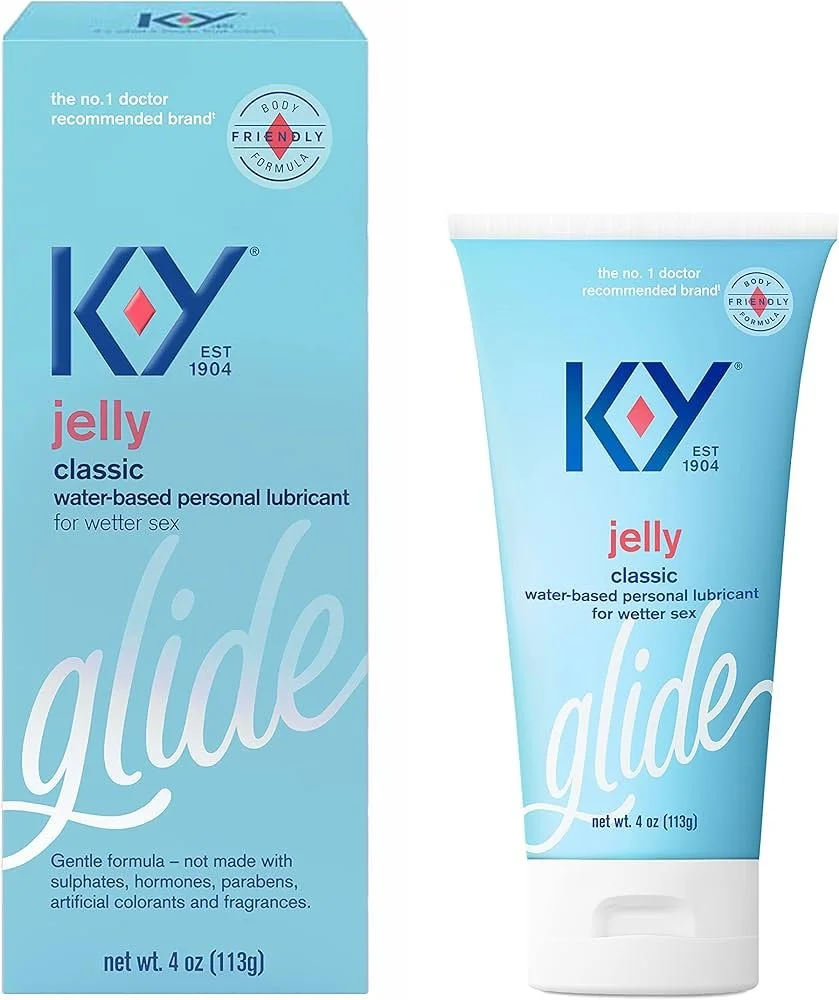
Water Based Lube - Compatible with Latex Condoms
Water Based Lubcriant is the best option! Works with silicone toys, latex condoms, non latex condoms, etc.
It does “run out” quicker (as in, doesn’t last as long as silicone based) so you will have to use more/re-apply more maybe.
-
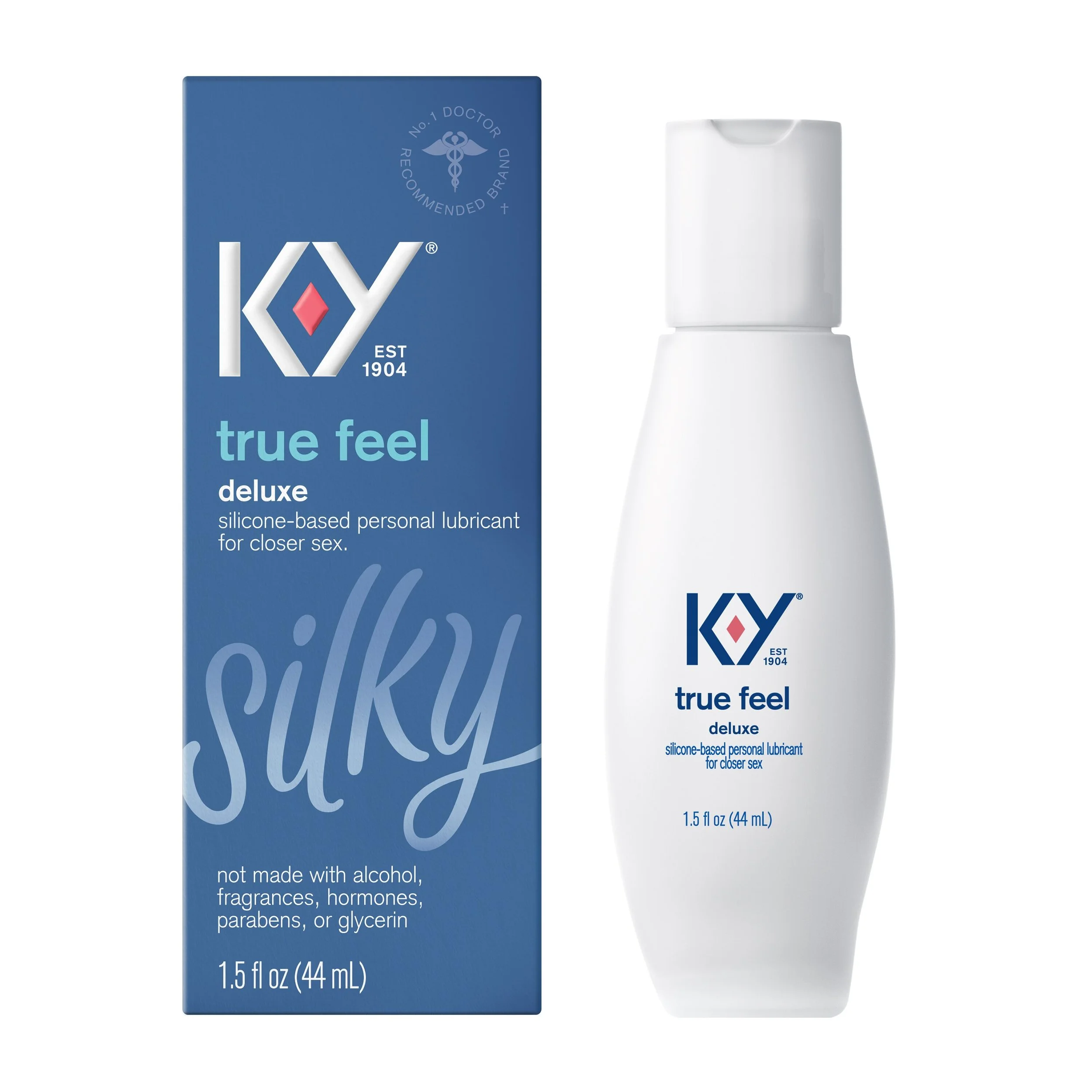
Silicone Based Lubricant
Will Degrade Latex Condoms Slightly
Lasts longer than water based (don’t have to reapply as much)
DO NOT USE WITH SILICONE BASED TOYS OR DILDOS!! (silicone + silicone leads to a chemical reaction that degrades the material)
Avoid using silicone lubricant with latex condoms as condom breakdown can lead to increased risk of infection. Not a huuuuge risk, but a slight one.
-
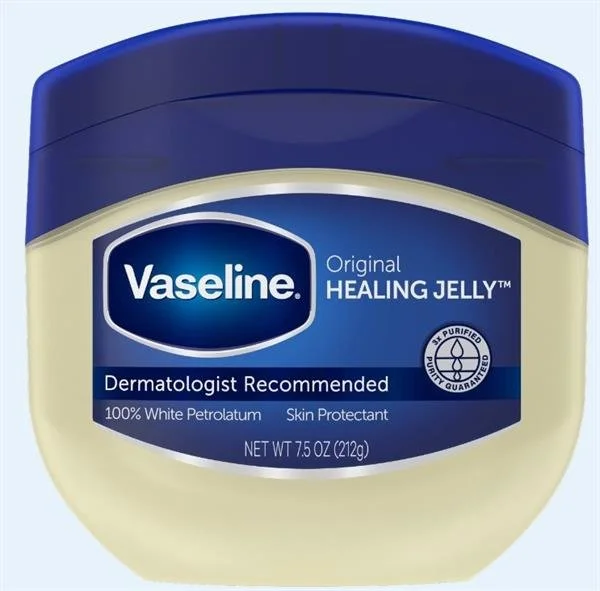
Petroluem Jelly
Same principle as silicone based lubricant - will degrade the latex in the condom. You’ll also get all greasy since vaseline is petroleum/oil based and we don’t love that! (Unless you like that, then I don’t judge but be mindful of the products it might degrade)
-
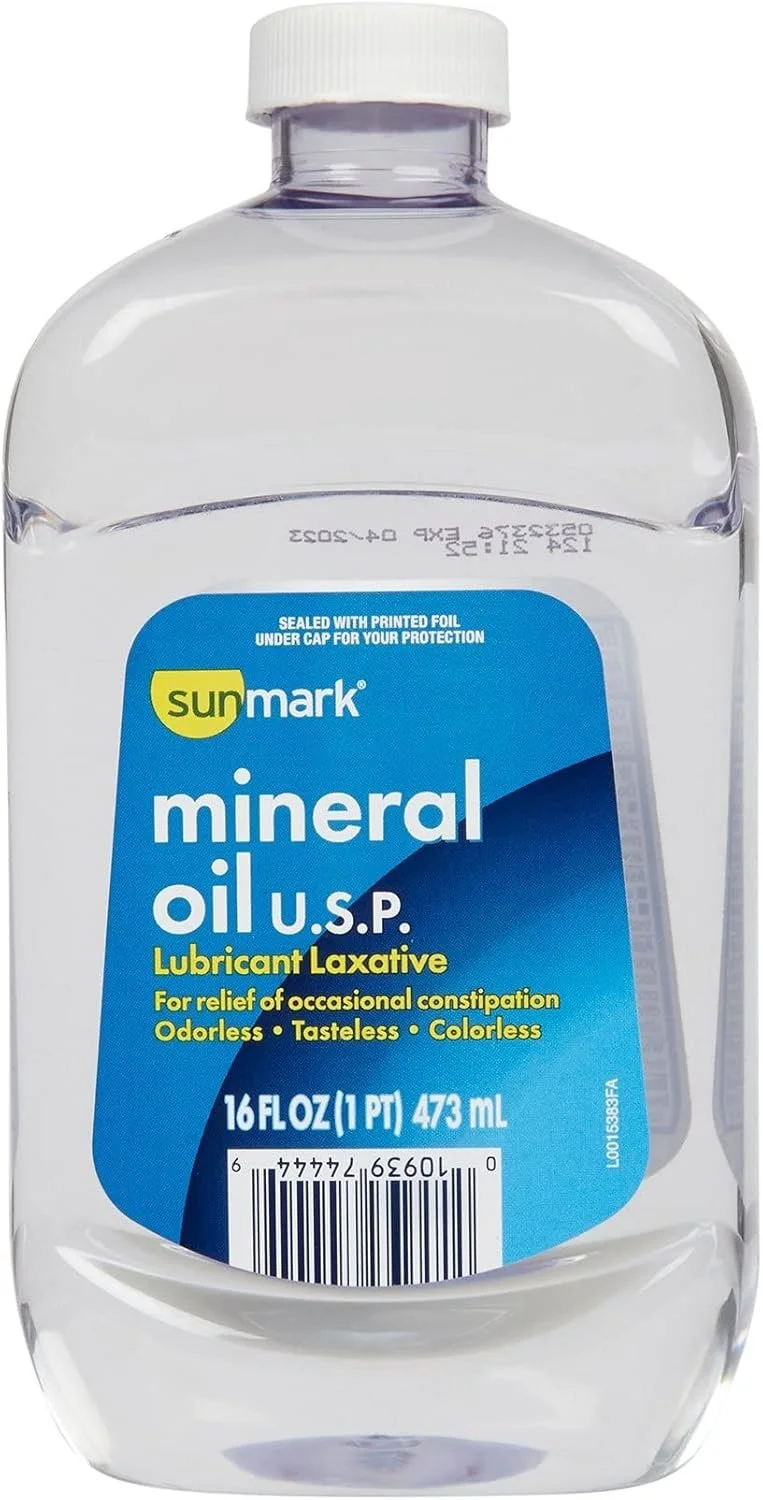
Mineral Oil, Baby Oil, Cooking Oil, Anything From Under the Sink Etc
1) Please Don’t - not the worst, but not the best either.
2) Contact with mineral oil greatly decreases condom strength and integrity. Stick to water-based lubricant or silicone based lubricant! Less messy too.
-

Spit
1) Please Don’t
2) STIs can transmit through saliva. Using saliva as a lubricant may increase the risk of STIs, which can be transmitted to the genitals through saliva. A person with herpes can transmit the infection, for example, to their partner during anal, oral, or vaginal sex.
3) If you have a a vagina, you might develop a vaginal infection. The bacteria in saliva are different than the bacteria in your vagina. Saliva also contains digestive enzymes that break down food. These bacteria and enzymes may upset the vaginal microbiome and make you susceptible to a yeast infection or bacterial vaginosis (BV). Both vaginal infections develop if something throws off the balance of microbes that naturally exist there.
4) Saliva/spit does not have the qualities of a good lubricant anyway. It does not have the slippery consistency; it evaporates and dries more quickly, and it's irritating to the skin/tissue anyway.
-
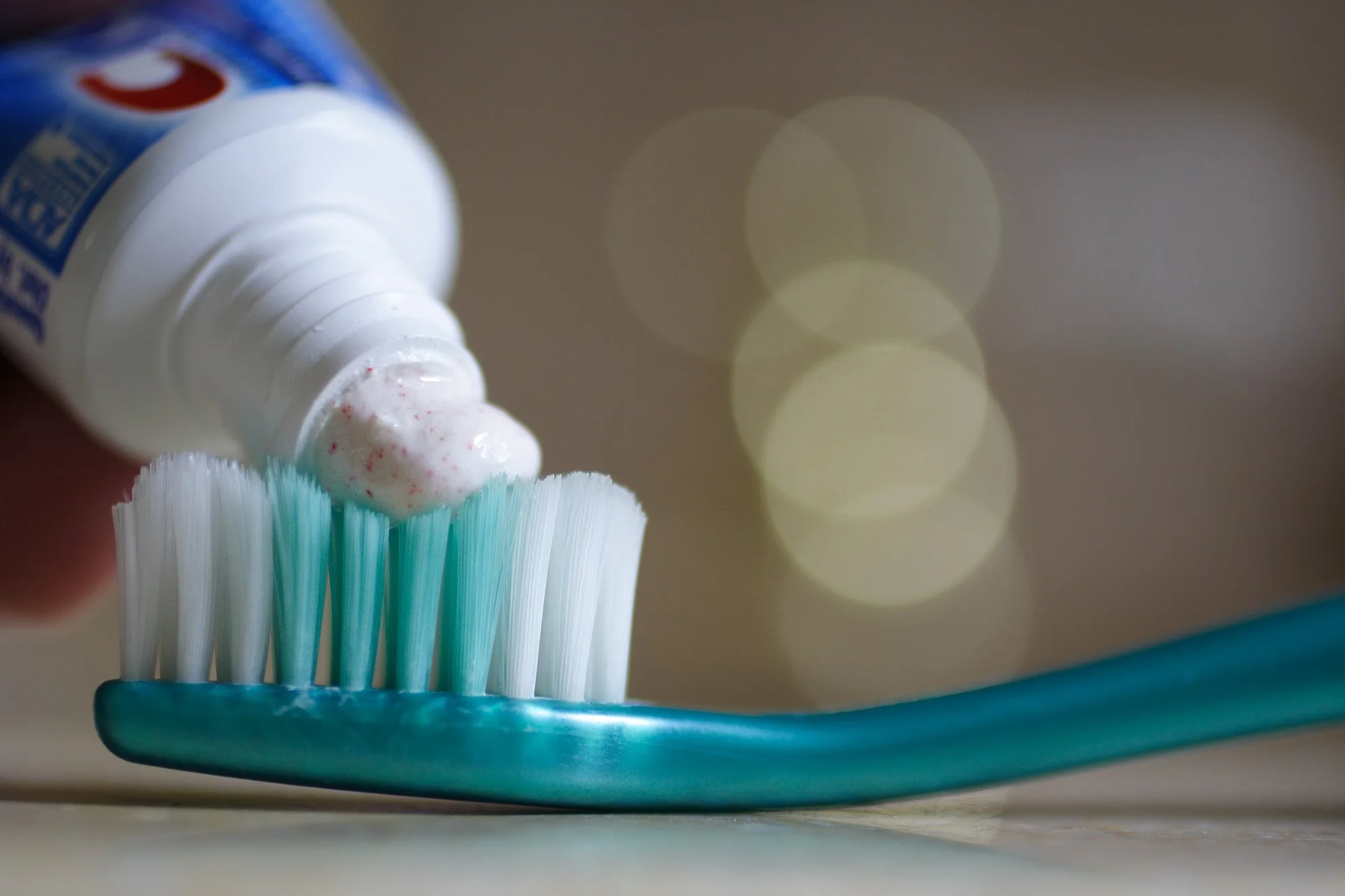
Toothpaste
Several things going on here
1) Please Don’t
2) This will get really expensive quickly
3) Your genitals will become inflamed likely because it will burn! People report it burning their penis, leaving it inflammed and scabby.
4) if you want something mint flavored, there is mint flavored lube (and strawberry, etc). Please do not use Colgate or Crest.
-

Butter
1) Please Don’t
2) Medical reasons aside, this will get so greasy and gross.
3) As butter is a dairy product and requires refrigeration, there are risks if people use it for sexual activity.
4) If someone inserts butter into a vagina or anus and does not clean the area properly afterward, the butter may start to spoil and become rancid because the milk content left from the butter is left fermenting in a warm butt/genital area. This is not good. I don’t want to see you all getting dairy infections in your genitals.
-

Yogurt and Honey
1) Please Don’t! Rupi Kaur wrote that book of poems one time but that did not mean you had to take inspiration like this.
2) In all seriousness this will get so greasy and gross and is medically going to give you a not fun time.
3) Similar to before, These FOODS may contain dairy and high amounts of sugar (in honey, particularly) that can spoil and which can lead to an infection. The animal protein in the yogurt (from milk) can also disrupt your natural microbiome and all that.
4) The high amount of sugar and spoiling may cause infections including a urinary tract infection or a yeast infection.
Contraception and Safe Sex
Most Common Available Forms of Contraception Include:
Barrier
Male condoms: these protect both partners from STIsFemale condoms: these protect both partners from STIsDental Dam: protects from transmission of STIs during oral sexDiaphragm: these do not protect either partner from STIs (if using a diaphragm, use a condom with it if concerned about needing STI protection)Hormonal (do not protect either partner from STIs)
Combined oral contraceptive pill (the pill)Progestogen-only pills (mini-pill) (now over the counter!)Vaginal ring (Nuvaring, Annovera)Skin implant (Nexplanon)Injections (Depo-Provera)Intrauterine device (IUD)Emergency contraceptive pill (known as “the morning after pill”/Plan-B)Other Methods (least effective)
Rhythm MethodWithdrawal method (Pull out method)

